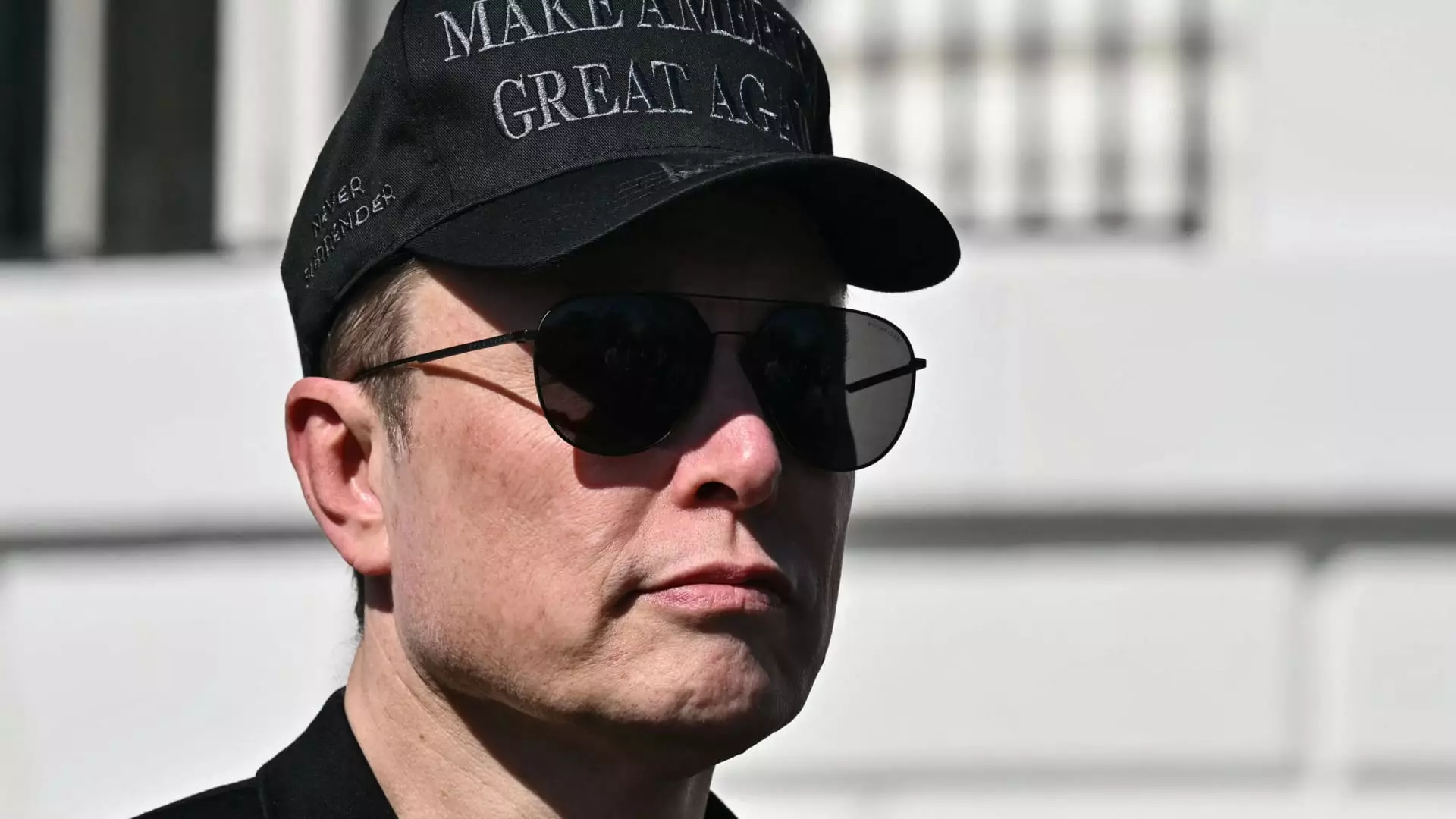In a move that has sent shockwaves through the tech and investment sectors, Elon Musk has recently been summoned by the Securities and Exchange Commission (SEC) as part of an ongoing lawsuit concerning his acquisition of Twitter, now rebranded as X. The legal troubles stem from allegations that Musk failed to properly disclose his substantial purchases of Twitter stock in 2022 prior to his ambitious bid to acquire the platform for $44 billion. The timing and circumstances surrounding the court summons portray a vivid picture of the tensions between the billionaire entrepreneur and federal regulatory authorities.
The Process of the Summons Delivery
The manner in which the summons was delivered is as bizarre as the very case itself. A process server attempted to hand the documents over to Musk at SpaceX’s headquarters in Brownsville, Texas, only to be met with resistance from the facility’s security personnel. According to reports, three guards turned the server away, leading to an unusual situation where the documents had to be placed on the ground as the guards photographed the event. This public spectacle hints at Musk’s celebrity status and the lengths to which authorities will go to ensure compliance with legal obligations, even in the face of constitutional controversies that often surround public figures.
Failure to Disclose: The Core Allegation
At the heart of the SEC’s complaint is the claim that Musk neglected to appropriately report his ownership stakes in Twitter within the mandated timeframe. The law stipulates that once an individual accumulates more than 5% of a company’s stock, a public disclosure is expected within ten calendar days. Musk’s delayed reporting allegedly allowed him to dodge an estimated $150 million in costs related to shares purchased post-declaration period. This raises a fundamental question: do the rules of disclosure hold the same weight for titans like Musk as they do for ordinary investors?
The Shadow of Political Influences
Musk’s entanglement with the political landscape further complicates this case. After acquiring Twitter, he became a vocal supporter of Donald Trump and other Republican candidates, spending significant amounts — approximately $290 million — to boost Trump’s political ambitions. This intertwining of technology and politics places Musk under a spotlight that extends beyond mere financial misconduct, illustrating how corporate maneuvers and political allegiances can merge, sometimes resulting in elaborate power plays that pose ethical dilemmas.
Legal Precedents and Historical Context
Historically, Musk is no stranger to regulatory confrontations. Previously, he faced civil securities fraud charges linked to his leadership role at Tesla, resulting in hefty fines and a temporary withdrawal from his position as the company’s chairman. Such a pattern of behavior raises eyebrows and questions about Musk’s understanding of corporate governance and his responsibilities as a public figure. With the current lawsuit unfolding against the backdrop of a politically charged regulatory environment — including budget-cut directives impacting the SEC under the Trump administration — one must ask whether these factors might influence the outcome of the case.
Impact on Musk’s Future Endeavors
As Musk prepares to respond to the SEC’s allegations by the April 4 deadline, the stakes are immensely high. The implications of this case may extend beyond financial penalties and legal briefs; they could affect Musk’s future ventures, his public image, and his relationships within the tech industry. The crux of the matter transcends the legal implications; it embodies a paradigm shift in how moguls interact with regulatory bodies and the public, threatening to reshape the landscape of corporate governance for years to come.
The moral conundrum posed by Elon Musk’s actions compels society to reflect on the ethics surrounding transparency and accountability in both corporate America and the political realm. As the case progresses, the focus will increasingly reside not only on Musk’s alleged missteps but also on the broader ramifications for the business world as a whole. Will there be a precedent set that discourages similar behaviors, or will the allure of power and privilege allow influential figures to continue their lapses in accountability? The answers may lie in the forthcoming trials of public scrutiny, legal frameworks, and society’s evolving expectations of its leaders.

